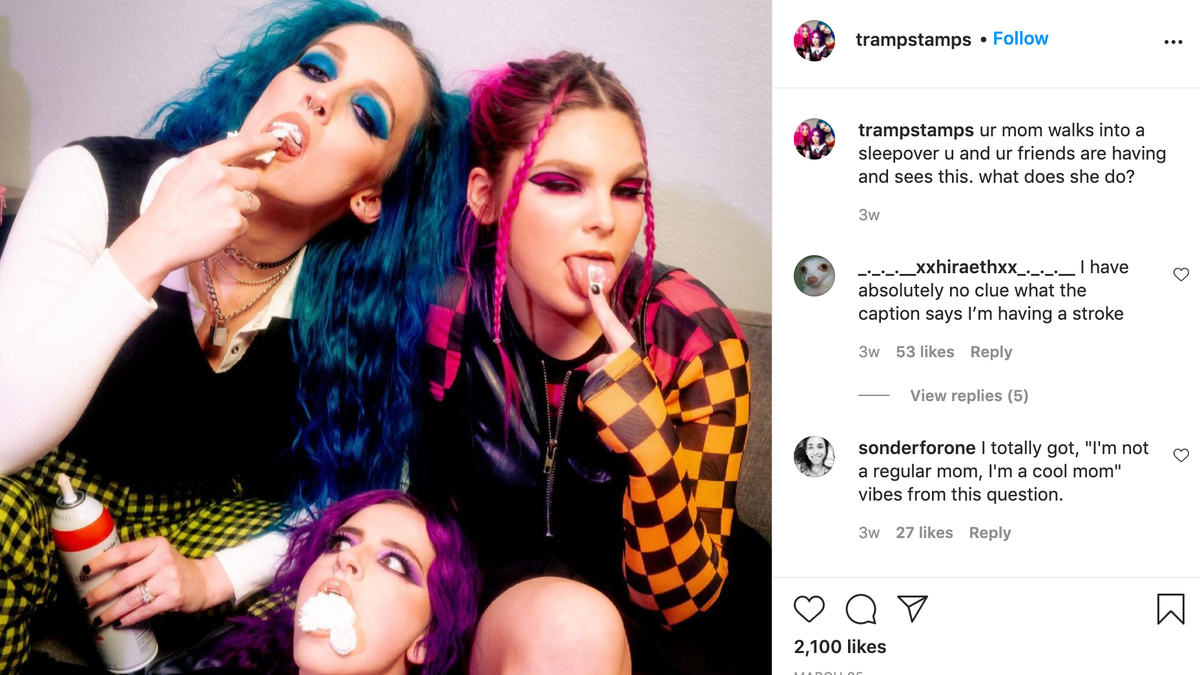

When this subset of listeners is given the choice between an explicitly underground artist and one that might have some level of outside financial backing or industry support, the first option will likely be the consensus pick.īut the reality is that, apart from artists who make a conscious choice to steer clear of the trappings of the traditional music industry, most everyone else with a sizable audience either has the backing of a label, a publicist, a manager, a booking agent, a team of people helping them release and write music - or all of the above. Chronically online and obsessive music fans tend to value authenticity more than the casual listener who gets their music mainly from the radio or a streaming algorithm. “People talking about how every god damn woman who gets recognition is an industry plant while all of their male counterparts have shit handed to them on a silver platter," Philadelphia artist Kississippi recently remarked on Twitter.ĭespite the subtle (and not-so-subtle) misogyny and racism in many of the conversations around “industry plants,” the impulse to peg an artist’s success to nefarious and artificial industry forces is understandable. In the indie and pop worlds, Clairo has faced industry plant accusations hinging around her father, a marketing executive who has worked for Coca-Cola and Converse, while Billie Eilish’s stratospheric arc prompted skeptics to suggest some concerted and artificial industry effort to propel her to mainstream prominence. The Chicago Reader traces the common use of “industry plant'' to 2000s hip-hop message boards, where posters would use it in an attempt to explain why a new artist had suddenly become so popular since then, dozens of rappers-from Russ, Post Malone, and Chance the Rapper to Young Dolph and Cardi B-have fielded such charges from journalists, fans, and even other rappers. Obviously, it's not just punk posturing that triggers these debates. Rolling Stone recently described it as “an artist who has label backing but presents themself as self-made,” while in 2018, The New York Times called it “the catchall slur among music fans for someone undeserving of their buzz and opportunities.” However, a Pigeons and Planes piece from 2020 asked 12 artists and experts about the term, and they received a dozen different interpretations.Īn insightful Chicago Reader feature from 2019 pointed out that many definitions of the phrase arguably just explain how labels typically operate: “A label (or anyone with deep pockets) plucks an act out of obscurity, invests time and resources to develop them, and then reaps the benefits when they finally release a song or album and it rockets to the top of the charts.” Still, if there’s no adequate definition for an industry plant, then the term can be used for anything. In some ways, the term might be seen as a spiritual successor to “selling out,” a charge dating back to the 1950s lobbed at artists who allegedly sacrificed artistic integrity for a paycheck. For one thing, there's no consensus at all on what an "industry plant" actually is.


 0 kommentar(er)
0 kommentar(er)
